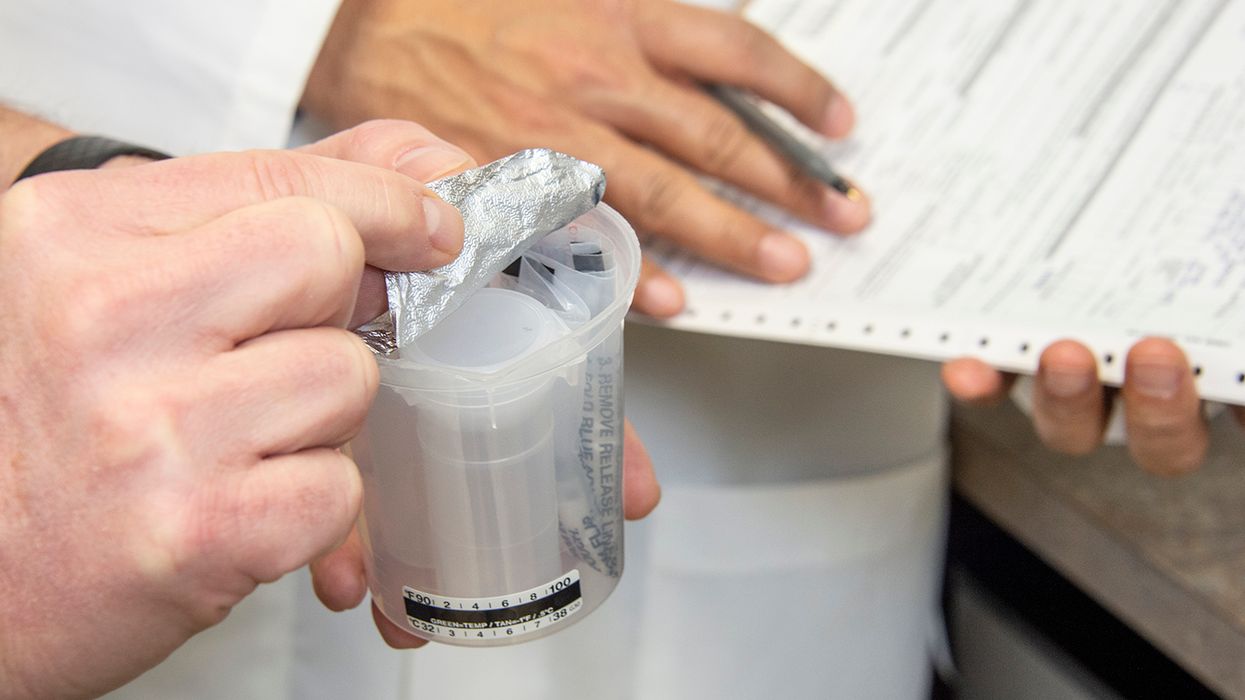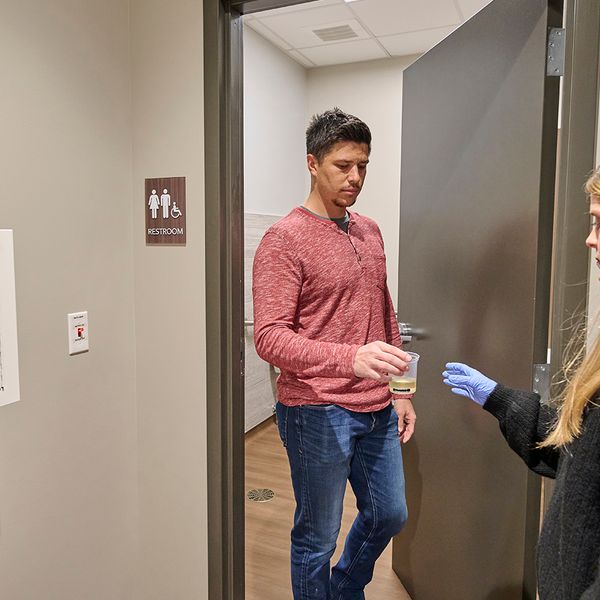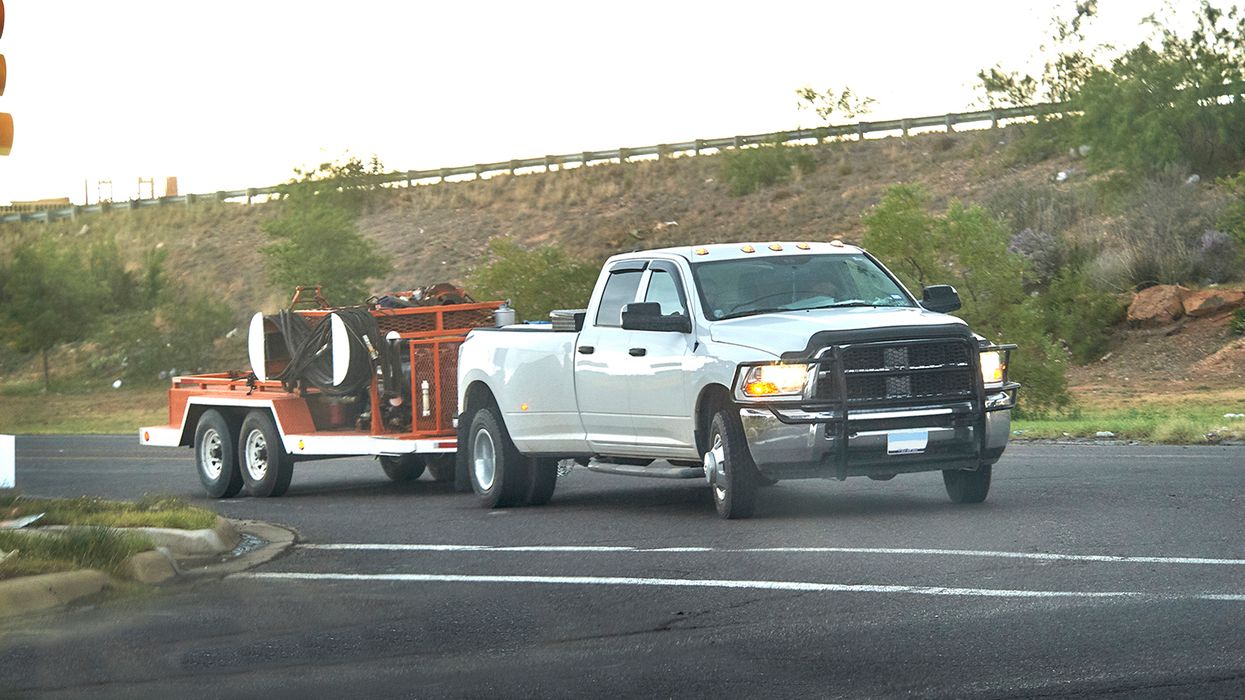D & A background checks: Setting the record straight
Changes were made to the rules for checking a driver’s safety history earlier this year, removing DOT drug and alcohol questions. However, some motor carriers continue to send requests for drug and alcohol history under Part 382 as best practice.
This leaves motor carriers wondering:
- May a new employer solicit this information from former employers?
- What are the former employer’s obligations in responding to these questions?
- How does a new employer respond to information that conflicts with the Drug & Alcohol Clearinghouse?
Soliciting information
As of January 6, 2023, motor carriers are required to use the Clearinghouse to satisfy 40.25 for Part 382 testing history. However, a new or prospective employer who is subject to Part 382 is not in violation if they ask a previous motor carrier employer about a prospective driver’s drug and alcohol history. The Federal Motor Carrier Safety Administration (FMCSA) does not prohibit this inquiry.
This is an instance when it is permissible for an employer to go above the minimum regulatory requirements. The prospective employer is not limited to checking the Clearinghouse.
On the receiving end
If you are the recipient of a request for a driver’s FMCSA testing history from another motor carrier, and it includes the driver’s specific written consent for release, do you have to respond? You might be surprised that the answer is no. Any response is voluntary since the inquiry is a best practice on the part of the prospective employer.
When things don’t match up
Though rare, a new employer might find through a returned employer inquiry a violation occurring in the past three years that was not reported to the Clearinghouse. Likely it would be a violation that the former employer would have been responsible for reporting to the Clearinghouse but did not.
Examples might include:
- A failed alcohol test, or
- Actual knowledge of drug or alcohol use.
Actual knowledge
The definition of “actual knowledge” in 382.107 includes information that is obtained from a prior employer about a driver’s prohibited use of drugs or alcohol as specified in Part 382, Subpart B.
Although this violation would never have been learned without this voluntary sharing of information, it is, nevertheless, actual knowledge for the new employer. They cannot ignore it.
The driver’s new employer must report this actual knowledge to the Clearinghouse, and the driver is subject to the return-to-duty process.
Reporting to the Clearinghouse
The types of violations that may be reported as actual knowledge to the Clearinghouse by new employers are outlined in 382.705(b)(4)(i)-(iv). It is knowledge of prohibited use of drugs or alcohol, but not including:
- Refusals to test reported by former employers,
- Violations occurring under another DOT mode,
- Non-DOT testing results, and
- Verified positive drug tests.
The report of actual knowledge by the new employer must comply with the reporting and documentation requirements in 382.705(b)(4)-(5). The submission must have supporting documentation. If the prospective employer does not have the supporting documentation, the violation should not be reported to the Clearinghouse.
Key to remember: Employers are neither required nor prohibited from asking former FMCSA-regulated employers about a prospective driver’s drug or alcohol testing history. But the previous employer is not obligated to respond.






















































